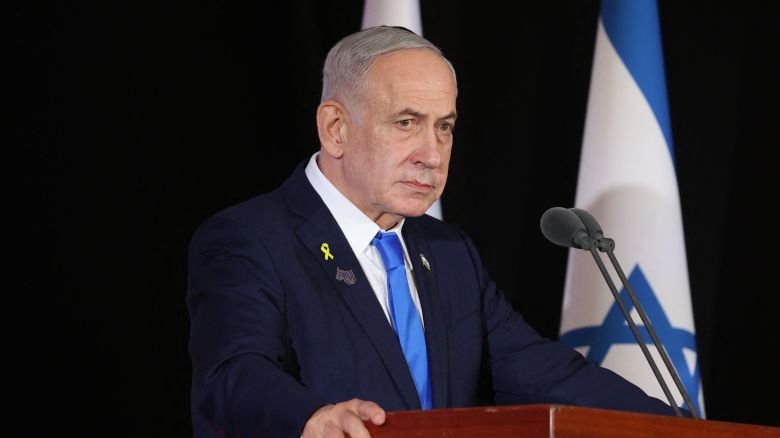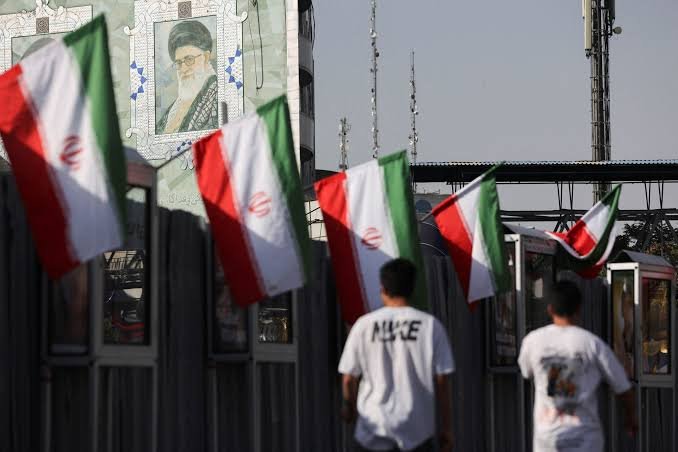In the wake of the recent Israel-Iran war and the fragile US-brokered ceasefire, Iran has launched its most aggressive internal crackdown in years, signaling a new era of intense surveillance and repression.
Tehran’s leadership is focused on consolidating regime stability amid fears of espionage, dissent, and infiltration by hostile foreign actors, particularly Israel.
Since mid-June, Iranian authorities have detained dozens of individuals accused of spying for Mossad or aiding Israeli strikes, with reports of swift trials and executions under broad charges like “enmity against God” and “corruption on earth”—a capital offense recently codified in a harsh nine-article law targeting any cooperation with Israel, the US, or other enemies. These measures also ban technologies like Starlink that could help Iranians bypass state censorship, further tightening control over information flow.
The crackdown extends beyond arrests.
The Islamic Revolutionary Guard Corps (IRGC), Basij paramilitaries, and police have been mobilized for sweeping house raids, vehicle inspections, and street patrols, urging citizens to report suspicious behavior—even something as simple as wearing masks or sunglasses can raise alarm. Surveillance technologies have been ramped up, including sophisticated tools like the “Abi” system that intercepts Bluetooth signals around protest hotspots and university campuses to monitor activists and dissidents.
This intensified internal security campaign is also marked by the creation of special committees tasked with monitoring online activities, a move described by human rights advocates as a “systematic and rigid form of repression” aimed at paralyzing dissent and instilling fear across society.
The regime’s approach combines traditional security forces with cyber surveillance to suppress opposition and control public discourse.
Regions with existing unrest, such as the Kurdish areas and southeastern provinces, have seen increased military deployments and arrests, with authorities accusing militant groups like Jaish al Adl—allegedly backed by Israel—of terrorism and espionage. The government’s narrative frames this crackdown as essential “national defense” against deep Israeli intelligence penetrations and foreign-backed sabotage.
Iran’s post-war crackdown thus marks a significant escalation in domestic repression, blending harsh legal measures, mass arrests, executions, and cutting-edge surveillance technology. The regime’s goal is clear: to neutralize perceived internal threats, control information, and maintain its grip on power amid a volatile regional environment and growing public frustration. This new era of surveillance and control threatens to further restrict personal freedoms and deepen the climate of fear within Iran.













